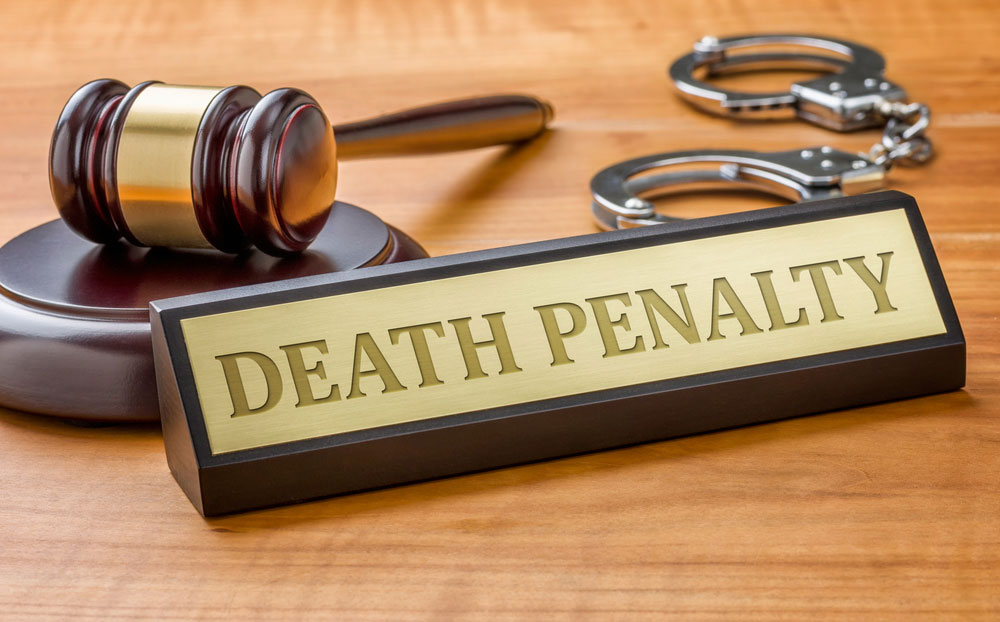The book, Demons & Demigods, is Aparna Jha’s account of her experience of representing four death row prisoners before the Indian Supreme Court. These convicts enticed their victims with the prospect of multiplying their riches by supernatural means and so lured them into seclusion among the hills of Nandos, Maharashtra. Then the convicts robbed and butchered their prey. Jha does not shy away from the gory details of their terrible crimes. Yet she boldly states her opposition to the death penalty and draws the reader towards the larger question — whether any individual deserves to lose their life and whether we, the State, deserve to kill them.
Jha’s narration is based on her preparation of the case and accounts of how it was argued before the Supreme Court. She begins by studying significant precedents by the court which steered the discourse around death penalty in India. The discussion on each case is replete with ghastly details of the offence and the evidence adduced. The book, however, brushes over the legal, social and political complexities around the cases, and how the Supreme Court navigated the web of differing considerations.
Written with the lay reader in mind, Jha then combs through the evidence against her clients. With no eyewitnesses for the murders, the case largely rested on ‘suspicious’ behaviour of the accused, and fleeting recollections of instances when the victims were seen with them. As Jha scrutinizes different pieces of this jigsaw puzzle laid out by the police, the reader gets a glimpse of the weak evidence on which four young men were pronounced guilty and condemned to die. Here the book presents the most intuitively powerful argument against the death penalty — the irreversibility of the punishment in a criminal justice system deeply susceptible to error.
Jha then introduces the tougher conundrum — if these men were truly guilty of their monstrous offences, should they still be given a second chance at life? Indian law reserves capital punishment for the ‘rarest of rare’ cases, where the option of imposing the lesser sentence of life imprisonment is foreclosed. In order to find ‘special reasons’ for imposing the death sentence, courts must consider the circumstances of the crime as well as the criminal. This requires the courts to look beyond the brutality of the offence for any factors that may reduce the culpability of the accused or show the probability of their reformation.
While Jha had never met her clients, she learnt about them through their families. These misguided youths chose a life of crime to overcome economic hardship. Waiting for a decade for their sentence to be executed, the prison proved to be their redemption as they lived peacefully with others and pursued their graduation through the Open University programme. Although Jha successfully presents these facts to save her clients’ lives, the book struggles to persuasively argue why the law should look beyond the offence to punish the offender. Jha hints that structural inequalities within society may also be complicit in the occurrence of crime. However, the book does not reconcile this sociological view of crime with the court’s mandate of individualized sentencing.
The book provides a suitable Introduction to the development of death penalty jurisprudence in India and the broad range of arguments on its desirability. However, between the reconstituted dialogue and the legal mundanities, the book misses the preferred depth on the subject.
Demons & demigods: Death penalty in India By Aparna Jha, Oxford, Rs 495










